By Menachem Rephun, Creative Spirit Communications Manager
Education is a Right, Not a Privilege
Education is a fundamental right, not a privilege, and no one should be left behind, especially not the millions of young adults with disabilities, including intellectual and developmental disabilities (IDD). Students with disabilities who have received equal opportunities and an inclusive, accommodated education will be better equipped for fair-wage employment post-graduation and have a significantly better chance of achieving meaningful, fulfilling careers. This was shown in a 2022 report by Statista.com, which found that in 2021, “the employment rate of persons with a disability in the labor force who had a Bachelor’s degree or higher was 27.7 percent in the United States. However, only eight percent of people with less than a high school diploma and a disability were employed in 2021.” Ensuring inclusion and breaking down barriers to education is crucial due to the 85% unemployment rate among adults with IDD.
Barriers to Employment for Students with Disabilities
As a report by Vanderbilt University points out, “Many students with disabilities…drop out of high school before graduating, leaving them even more unprepared for and less likely to obtain a job. High schools can better engage and support these students by helping identify their strengths and interests and providing them with the skills (or a plan for gaining them) they need to succeed in the workplace.” We believe reshaping education to destigmatize disability and emphasize a more strengths-based approach can hugely impact the future of employment for an entire generation of young adults.
Expert Insight on Inclusive Education
One individual with expert insight into this issue is Sara Jo Soldovieri, a third-year doctoral student studying Inclusive Education and Disability Studies at Syracuse University, who also works as a graduate assistant and researcher in the University’s department of teaching and leadership. Sara Jo is recognized nationally as an inclusive education scholar and advocate who has worked to create and implement over 1500 inclusive, individualized education plans, otherwise known as IEPs. We spoke with Sara Jo during a virtual interview to broaden our understanding of how to improve education and post-education employment for people with disabilities.
“When I think about inclusive education, really my work focuses on how we can make schools, universities, colleges, places that meet everyone’s needs?” Sara Jo Soldovieri said. “I think there’s a narrow box of what we think of as a typical student, and that typical student is often non-disabled, white, English speaking. And when we think about inclusive education, I think about making a space where every student, regardless of disability, regardless of the modality of language, regardless of cultural background, is brought in and valued for who they are.” Sara Jo explained that this approach involves providing students with disabilities with the support they need, rather than “curing,” or “fixing” disability.
“We’re not trying to fix students. We’re not trying to mold them into something different,” she explained. “We’re meeting students where they’re at with the support they need to make all the progress that they can, with self-determination, with culturally sustaining practice, so that we can create a future where folks have autonomy over what they want, what they want to do.”
Transforming the Education System
Other major organizations and institutions also share this educational philosophy, driving home the point that achieving truly inclusive education depends on overhauling the entire system. As UNICEF.org, the United Nations agency responsible for providing humanitarian and developmental aid to children, writes, “Inclusive education involves transforming the whole education system…legislation and policy, systems for financing, administration, design, delivery, and monitoring of education, and the way schools are organized.” UNICEF has outlined the requirements needed to make inclusive education a reality, such as an end to discrimination, being inclusive of children with disabilities, and individualized education plans (IEP) for those students setting out the accommodations and supports they need.
Autonomy and Self-Determination
“The UN Convention on the Rights of Persons With Disabilities (CRPD) has told us this is a human right,” Sara Jo Soldovieri said. “But also the research tells us students who are in gen-ed classes who get the supports brought to them are more likely to be employable or more likely to have competitive wage jobs, and are more likely to be living independently.” Sara Jo stressed the importance of autonomy and self-determination in helping students with disabilities achieve their career goals and find gainful employment, along with not limiting or downplaying their potential.
“For disabled folks, we have this unrealistic expectation that the only thing we can do is teach them to wipe down tables to become employable,” she said. “You’re talking about this disabled person’s life as if they have no autonomy over their future, and there’s a real problem with that. And I think it’s a real problem in our education system, parlays into employment. And there’s a reason folks with intellectual disabilities are so underemployed. And I would argue that that’s because of segregated education.”
The Role of Companies
Of course, improving employment for people with disabilities also depends on companies becoming more accommodating and shifting their approach to hiring in a more diverse direction. “We need to completely relook at how we enforce civil rights laws to get to where we need to be,” Sara Sara Jo Soldovieri said. “We also need to look at how we’re training folks in HR, how they’re training employers to work with disabled folks. We still need to do more to incentivize competitive employment…to hire disabled folks and to keep and retain [them].” Ultimately, Sara Jo’s message is one of empowerment for people with disabilities who are marginalized all too often, giving them the latitude and independence to shape their futures.
Leadership by Those Most Impacted
“One of the principles of disability justice is leadership by those most impacted,” she said. “And so, when we’re thinking about policy, when we’re thinking about education, we’re thinking about employment, we need to step back and give leadership to those most impacted. Otherwise, we’re going to be making small incremental gains for a small group of folks who are, by and largely white, and have economic capital.” Sara Jo Soldovieri noted that important legislation, such as the Americans with Disabilities Act (ADA), fails to account for people with intellectual disabilities or those who are financially disadvantaged.
“People love to praise the ADA, [but the] ADA is leaving out a huge portion of the disabled population, it’s leaving out folks who don’t have money, it’s leaving out folks with intellectual disabilities,” she said. “And I think it’s time that we look at the laws. I would even look at [the] IGA, Individuals with Disabilities Education Act, which again, at their time, were revolutionary ideas but are failing today….We need to completely relook at how we enforce the civil rights laws to get to where we need to be.”
The Future of Inclusive Education
Creative Spirit shares Sara Jo’s inclusive, strengths-based educational approach. Speaking with her gave us a valuable window into what an educational system that better serves students with disabilities should look like. By ensuring that students with disabilities have equal opportunities and academic accommodations, along with breaking down stigmas, we can dramatically improve the odds of employment post-graduation. With expert advocates like Sara Jo and many other individuals and organizations involved in reshaping education, we can become a society where people with disabilities are fully represented in employment and where their talents and capabilities are genuinely utilized and appreciated.
About the Author and Interviewee
Sara Jo Soldovieri, M.Ed is a 3rd-year doctoral student studying Inclusive Special Education and Disability Studies at Syracuse University. She works as a graduate assistant researcher and graduate teaching assistant in the Department of Teaching and Leadership. She is recognized nationally as an inclusive education scholar and advocate and has worked to create and implement over 1,500 inclusive Individualized Education Plans (IEP) with complex support needs. When not working with families and school districts, she has advised presidential and congressional campaigns, most recently appearing in the 2021 documentary, “Forget Me Not”.
Menachem Rephun is Communications Manager for Creative Spirit. An enthusiast of literature, movies, and music, he holds a B.A. in English and Creative Writing from Fairleigh Dickinson University. He has had film reviews and essays published online and in the FDU campus literary journal. He also has substantial experience working as a journalist, editor, and field reporter for various news organizations based in NYC.
Joanna McElnea is a Community Manager for Creative Spirit. Joanna is a dyslexic and ADHD self-advocate who started as a Candidate at Creative Spirit before joining the staff. She comes from an accomplished background in marketing and media, having worked at agencies like VaynerMedia and OMD USA.






